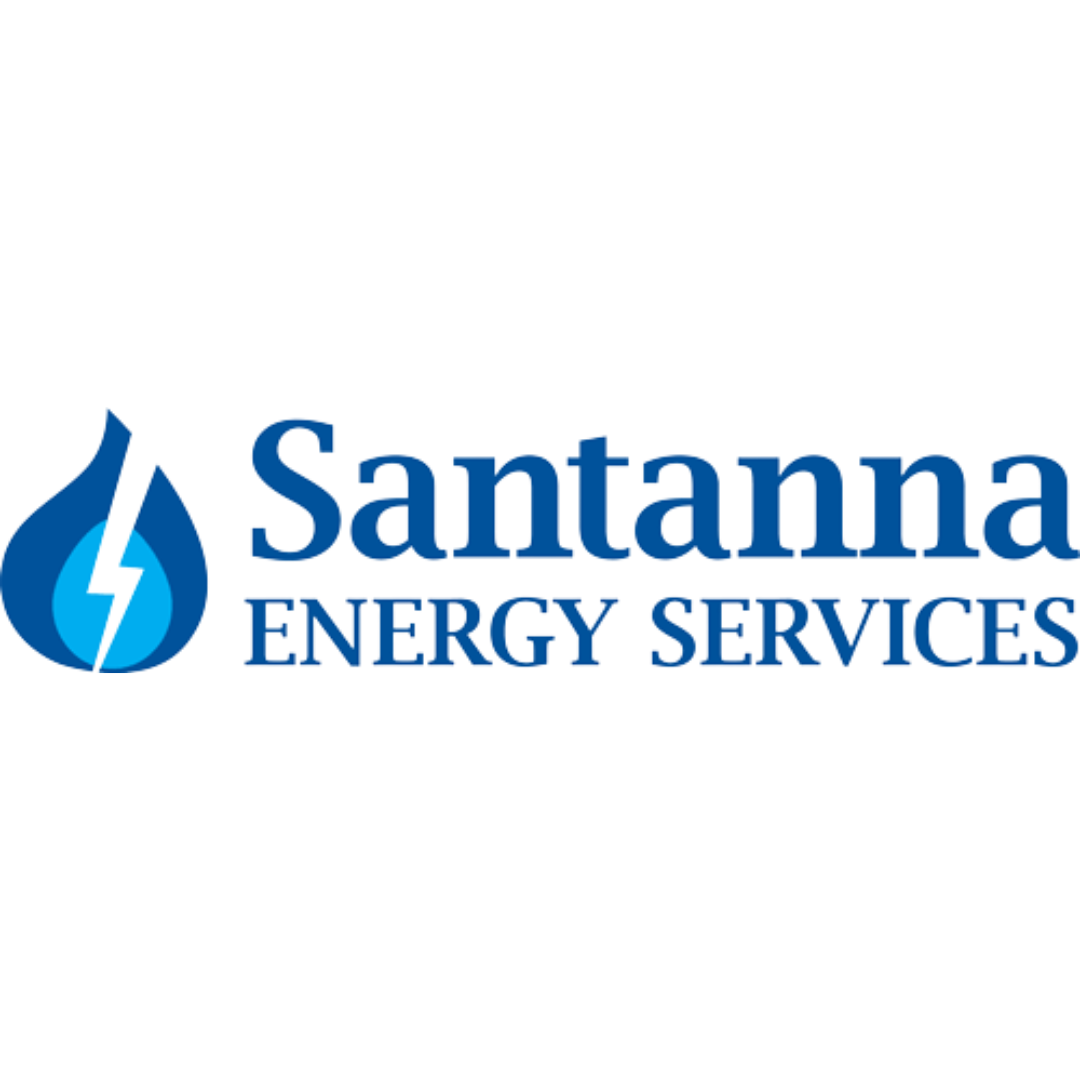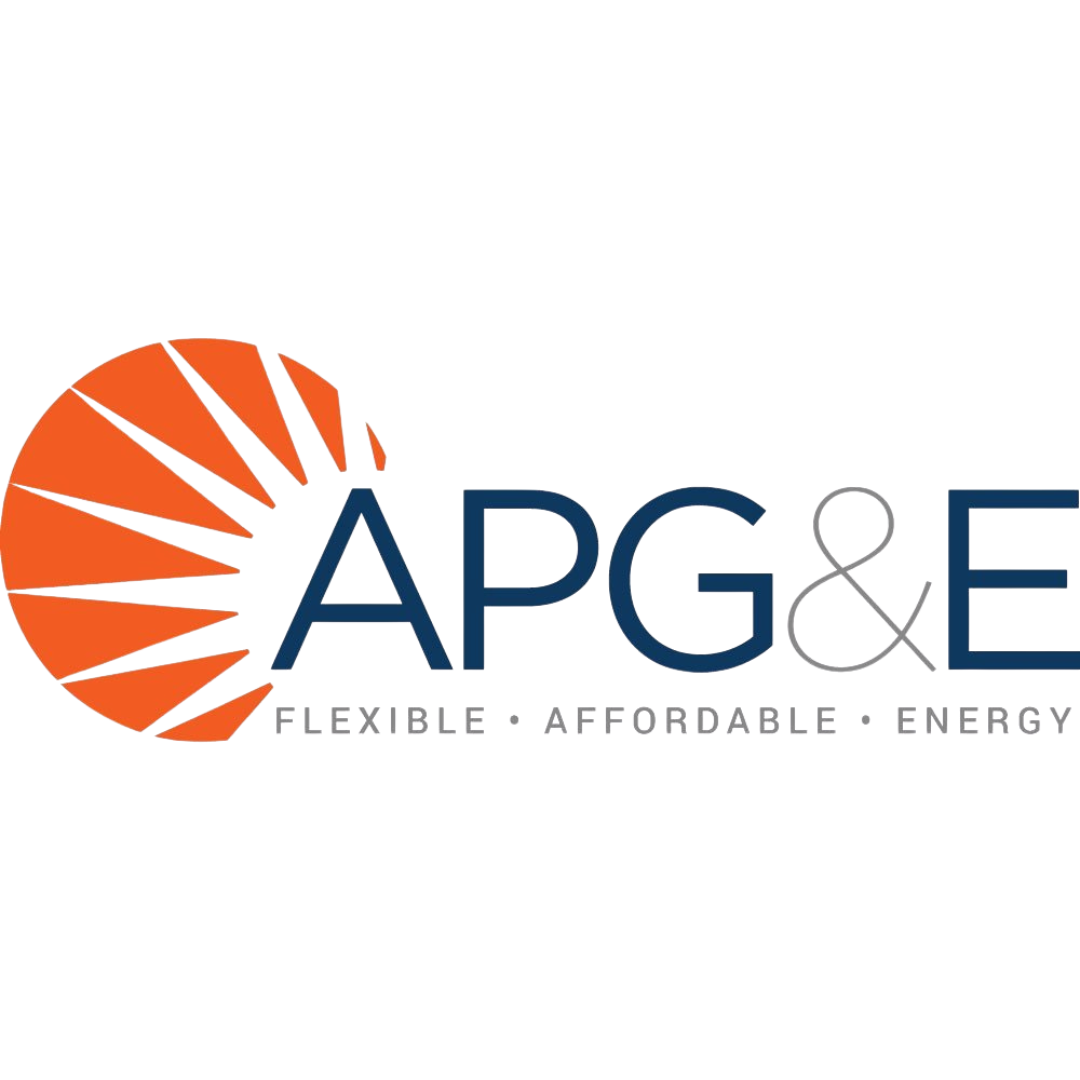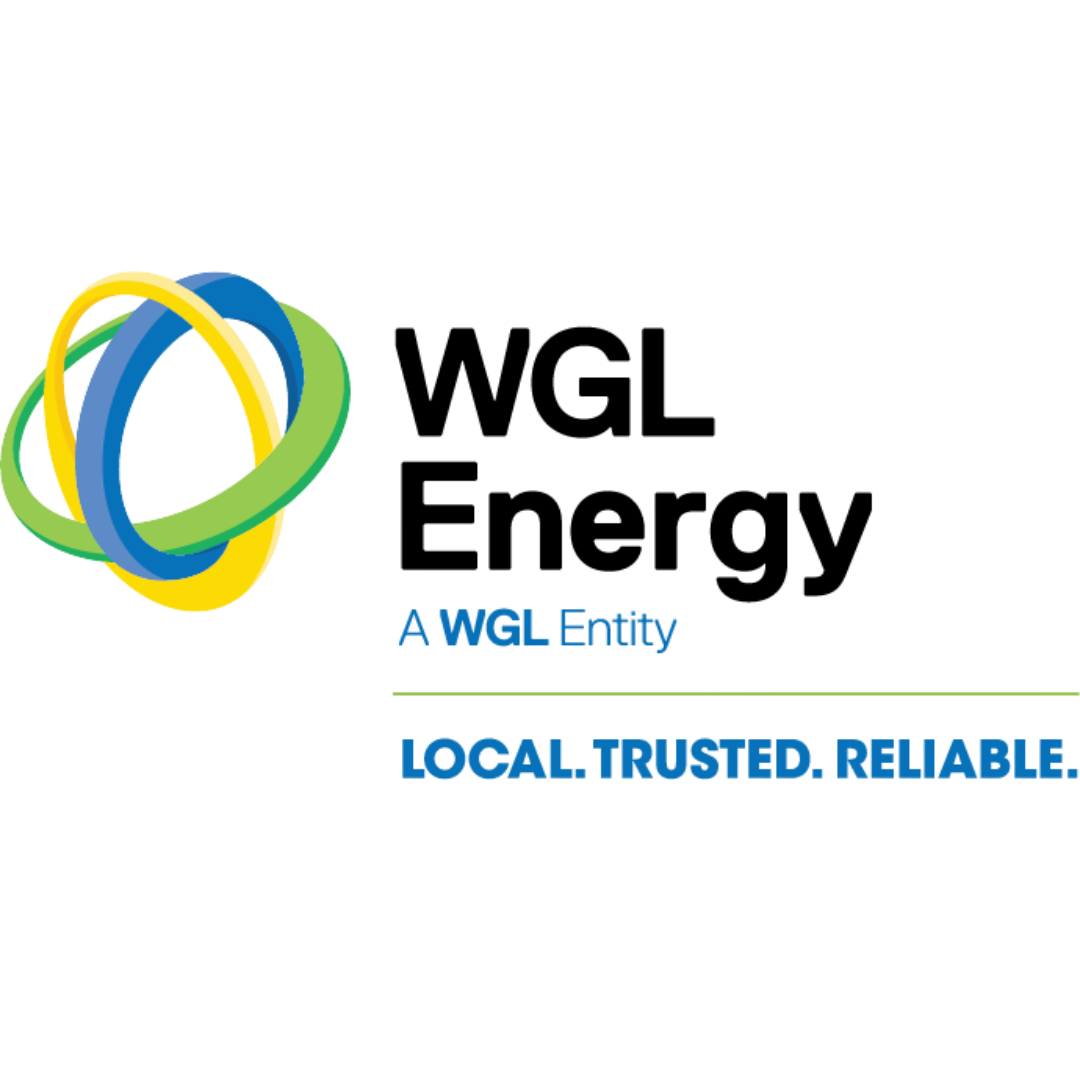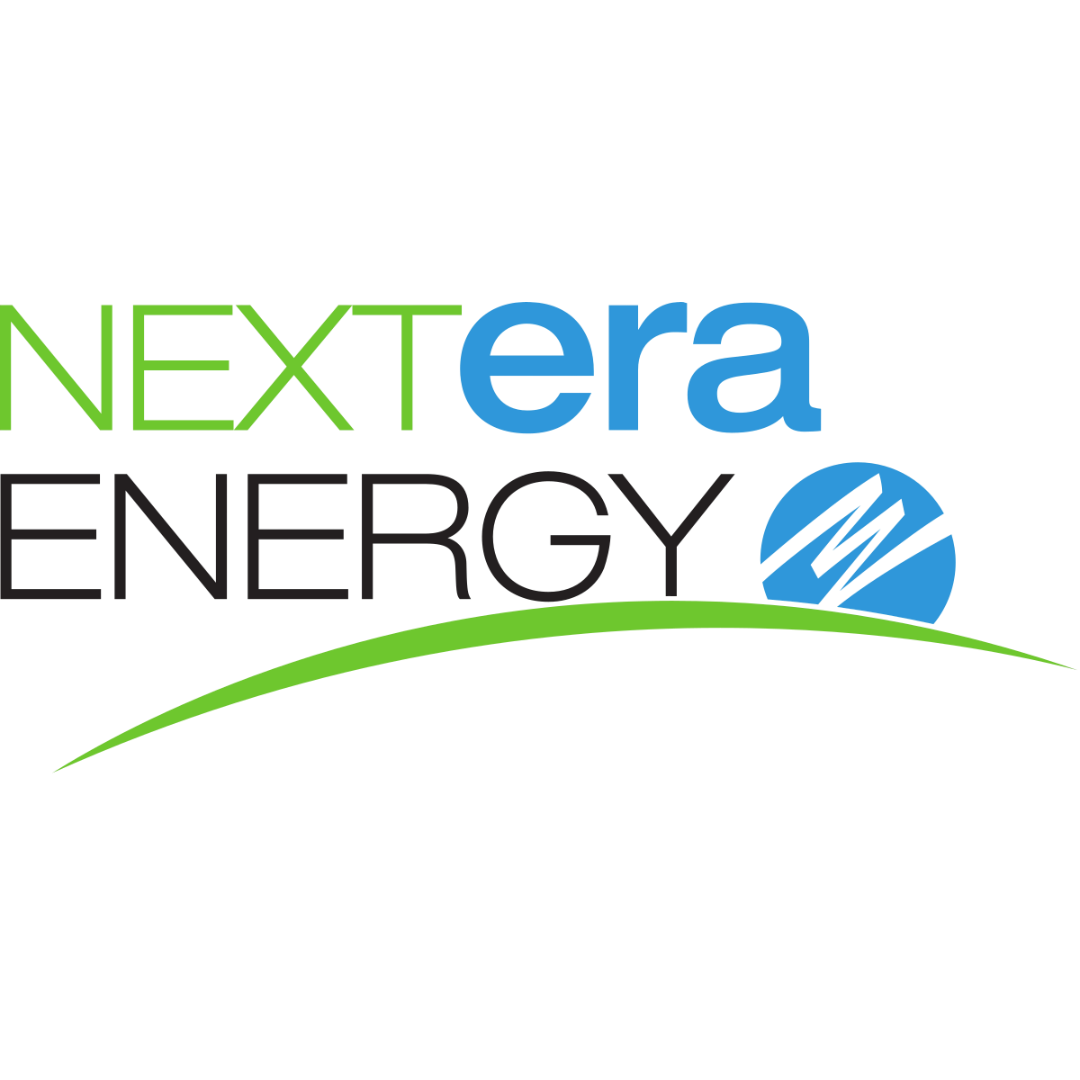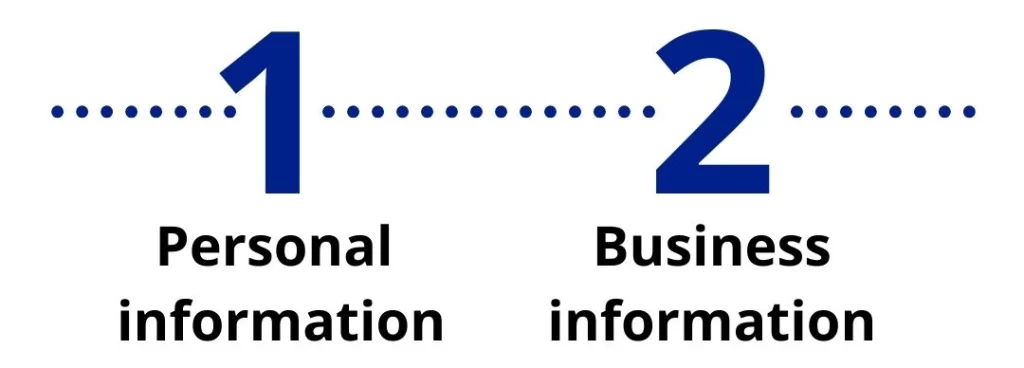Compare Electricity & Natural Gas Rates in Maryland
Leverage our industry experience to get personalized, transparent, and competitive energy rates.

Compare Electricity & Natural Gas Rates in Maryland
Leverage our industry experience to get personalized, transparent, and competitive energy rates.
Why CES?
Over the past 22 years we have helped over 519,000 businesses take charge of their energy costs. With a combined usage of 18 billion KwH and 18.9 million MCF we have the experience, buying power and relationships to help navigate your business through this volatile energy market and get the best pricing available.
We’ve saved our clients 10’s of millions of dollars, and getting a quote from us is fast, easy, and free.
Maryland electricity Rates over time
Over the past 20 years Electricity rates have steadily increased in Maryland and are currently almost 3x higher today than they were back in 2001.
If you consider the current state of the global energy market, the war in Ukraine, Europe shutting down nuclear power plants and moving from Russia’s natural gas, and inflation running rampant energy prices are projected to continue trending upward.
Energy Deregulation in Maryland
In 1999, the Maryland General Assembly, under pressure from state manufacturers, enacted legislation that would cause the electric industry in Maryland to become deregulated. This bill, the Electric Customer Choice and Competition Act of 1999, was passed through the Maryland General Assembly. Prior to this legislation, the local electric utility was in charge of procuring and delivering power to the people in their service territory. Under the new legislation, the consumer could choose to continue purchasing power from the local utility (known as Standard Offer Service (SOS) or Provider of Last Resort (POLR)) or to purchase power from an electric retail supplier. The local utility would still be responsible for the delivery of the power.
Types of Energy Plans Available in Maryland
There are different types of energy plans that consumers can sign up for, but the main two are variable-rate and fixed-rate plans. Each has its benefits.
Fixed Electricity Rates and Fixed Natural Gas Rates
A fixed-rate plan, as the name suggests, will have a firm and unchanging price that will last the length of the contract. No matter the weather–hot or cold–severe storms, or even market volatility, the fixed rate will not change for the length of the contract. These contracts are typically for 6, 12, 24, or 36 months, but can go up to 5 years. Fixed-rate energy plans in Maryland are the most commonly used plans, and the plan that we recommend using for most businesses
Variable Electricity Rates and Variable Natural Gas Rates
Variable-rate plans change month-to-month based on the fluctuations in the market. Because of this there is a chance for the rate to drop and you will pay less for a period, but there’s also a chance that the rate could go much higher. Factors that can cause this include oil & natural gas pipelines being shut down, world events, government regulations/tax changes, or an infrastructure problem. This all means that your monthly electricity bill will not be the same month-to-month, and you may end up with a surprise. We don’t recommend variable-rate plans for most businesses.
Our Process
Our entire job is to take the stress and work out of finding the correct energy supplier who will give you the most favorable contract and best price available today. We do all the work and it costs you nothing, all we need is a copy of your bill.
1. With a copy of your bill, we can analyze your historical usage, rate class, zone, and load profile along with the number of accounts you manage to ensure you will receive the best rate(s) your account(s) qualifies for.
If you are currently under contract, we can still help with forward start pricing. We have the capability of locking in today’s low rates for when your current agreement(s) ends.
This will not have any negative effect on your current agreement. In most cases we represent the supplier you are currently with. So, we have the capability of pricing your accounts directly to negotiate on your behalf.
2. We will take this information and get quotes from 25+ suppliers in your area and leverage our relationships to negotiate preferential rates for you then relay that deal to you.
3. We use our knowledge of the current energy market to recommend what type of rate and contract is best for your business.
4. Once we have the agreement between you and the energy supplier we will walk you through the terms and conditions, like legal information and cancellation fees, or answer any other questions you may have before you sign.
5. Once everything is signed you’ll be introduced to one of our customer service representatives who will assist you with any future questions.
FAQ
Will I get 2 bills if I switch?
In the majority of cases, no, you will still continue to receive the same bills from your utility company. The only difference is your new supplier will be noted on the bill.
If you are in an area that requires a separate bill, our energy experts will let you know and answer any additional questions.
How long does it take to switch natural gas or electric providers?
Typically it takes between 15 and 45 days for your utility company to process your supplier change. This means it can take 1 to 2 billing cycles.
Could my business lose power or natural gas supply during the switch?
No. Your utility will always remain responsible for delivering energy to your business. Your utility will simply start delivering energy from your new supplier, so this will never interrupt the flow of energy to your business.








